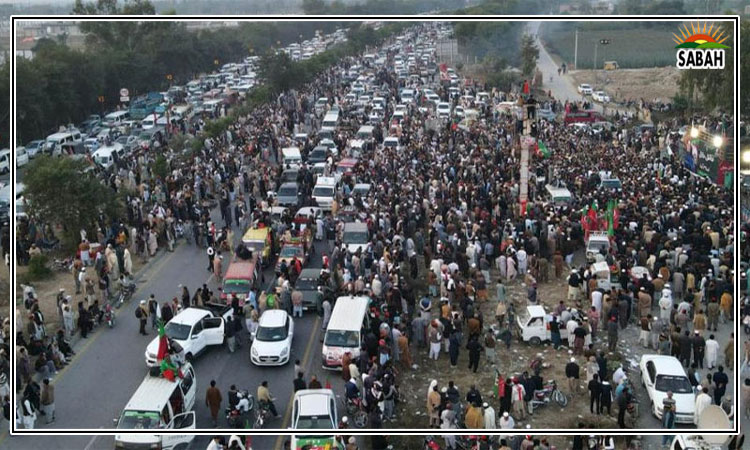Let action speak louder than words…Alfred Grannas
The world is coming together at COP28 in Dubai (November 30 December 12) to assess collective progress against the goal of limiting global warming. As we stand at the brink of this crucial summit, the urgency of achieving the Paris Agreement goals reverberates more than ever. In 2022, the world bore witness to harrowing climate-induced disasters from devastating floods sweeping across Nigeria, India and Australia to scorching droughts and heatwaves in Europe, and hurricanes unleashing havoc in North America. These events serve as a stark warning that global populations are standing at the edge of a precipice.
Despite being a low-emitter, Pakistan is one of the top ten countries that are most vulnerable to climate change. Last year, large parts of Pakistan were hit by catastrophic floods that swept away infrastructure and assets and lay claim to precious lives. Like Pakistan, Germany has also been hit by climate-induced events as heatwaves, droughts and floods like the ones in the Ahr Valley in 2021 resulting in damages worth millions.
Pakistan, despite contributing less than 1% of global greenhouse gas emissions, stands among the ten countries most affected by climate change. The 2022 floods affected 33 million people, claimed more than 1,730 lives, and resulted in staggering economic losses of $30 billion in 2022. The calamities serve as a dire warning that, for nations like Pakistan, the toll on lives and livelihoods poses an imminent threat, jeopardising decades of hard-earned development gains.
The disasters are a clarion call for stepping up adaptation efforts, which is why Germany is reaffirming its commitment to strengthening the Global Goal for Adaptation and will use the convening power of COP28 to develop an effective implementation framework for this goal at the global level. Global action must cascade to the national level, thus just as important is establishing national implementation frameworks for adaptation.
Against this backdrop, Pakistans National Adaptation Plan (NAP) emerges as a pivotal shield in the fight against climate change. NAP proposes a range of critical actions across key sectors that will ensure that Pakistans development is not compromised in the long term. When fortified by resilient sectoral financing plans, NAP and Nationally Determined Contributions become potent conduits for international climate finance.
The provision of adequate climate finance for implementing adaptation and mitigation is essential. Germany is demonstrably committed to not just scaling up but also speeding up international climate finance flows. We would like to see an international financial architecture not only fit for purpose but one that unequivocally delivers against the goals of the Paris Agreement. Well ahead of the 2025 deadline, Germany has earmarked an impressive 6 billion euros for climate finance. We are one of the biggest donors to the Green Climate Fund (GCF), having pledged 2 billion euros at the last GCF pledging conference. As part of our bilateral development cooperation with Pakistan, Germany is delivering technical assistance, grants and concessional finance exceeding 530 million euros via the Pakistan-German Climate & Energy Partnership.
As one of the few nations engaged in such partnerships, Germany collaborates closely with Pakistan in strengthening capacities to respond to climate change challenges. On behalf of the German Federal Ministry for Economic Cooperation & Development, the Deutsche Gesellschaft fr Internationale Zusammenarbeit (GIZ) GmbH, the Kreditanstalt fr Wideraufbau (KfW) and the Federal Institute for Geosciences and Natural Resources (BGR) work hand in hand with national partners to make key sectors of the national economy such as energy, infrastructure, water, education, social protection and public health climate-resilient.
Germany stands shana ba shana with Pakistan in the fight against climate change.
Courtesy The Express Tribune












